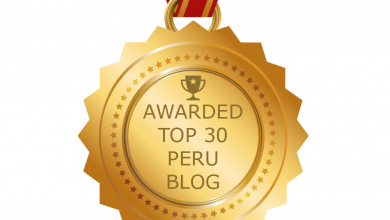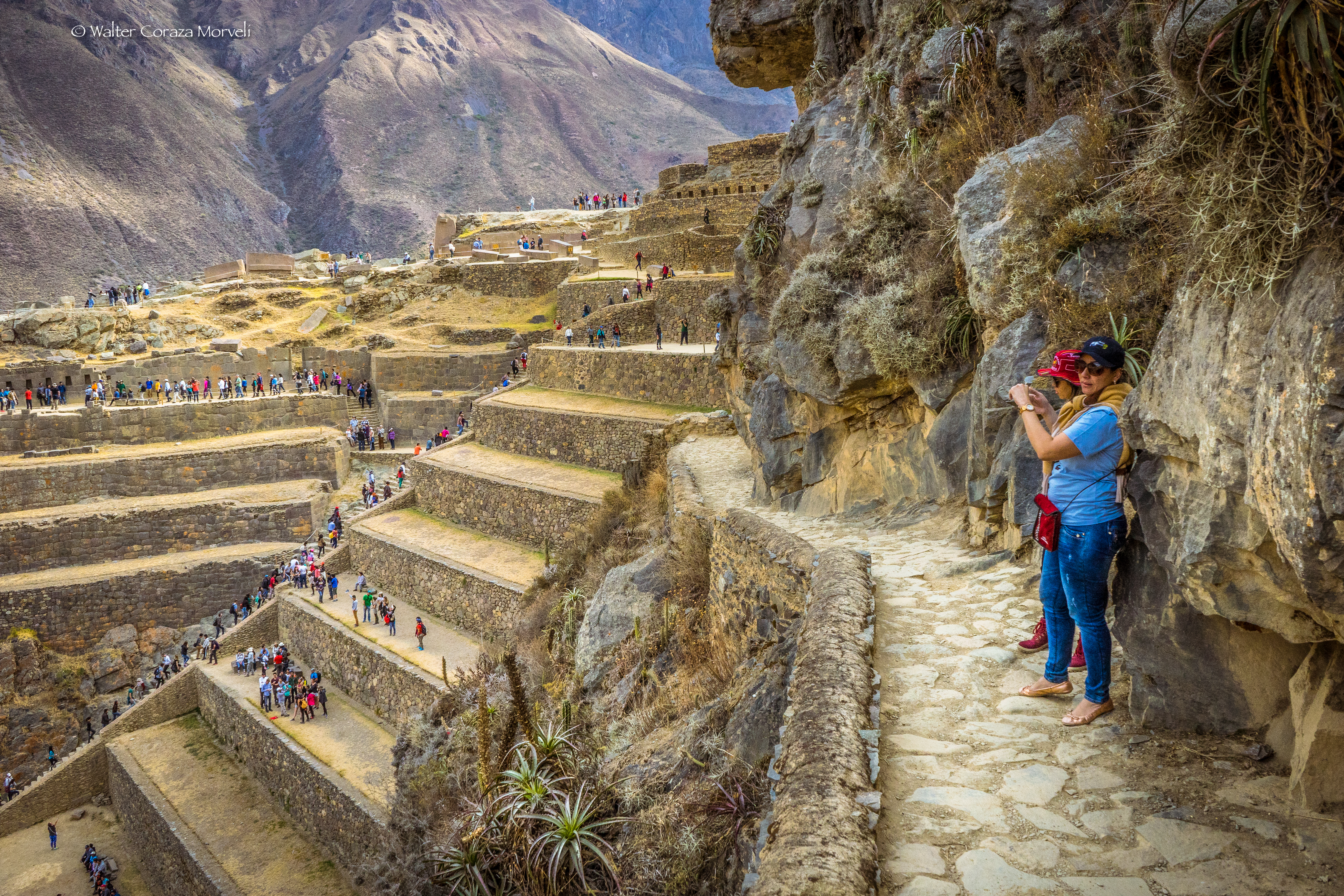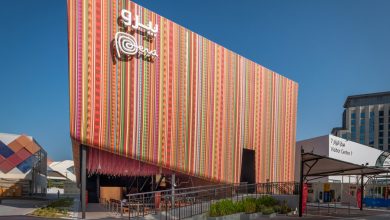March against corruption and militancy pro-marihuana in Cusco

Anti-corruption and pro-legalization of marijuana in Cusco.
It is difficult to speak of anything without the average person perceiving the opinion with some political dye. The opinion that one forges will be labeled and placed on a scale.
Cusco’s society, like that of Peru, is often guided by appearances and prejudice. You just have to listen to the speeches in the Cusco and Peruvian media to encounter this reality. Of course it is not always possible to generalize. Even if it were, there are always disagreements however minor they may be, a situation that maintains a divided society of contrary positions.
There are, nonetheless, moments of unanimity where a common purpose is sought. Yesterday was one of those days. Thousands of people gathered to fight for a common goal, to end corruption in Peru. This happened because of a scandal that broke open last month; the former President of Peru, Alejandro Toledo stands accused of receiving a bribe of millions of dollars from the Brazilian construction firm Odebrecht.
Before the scandal, Toledp was known for his fight against the Fujimontesinista mafia, such as in the march of the four that he led in 2000 to overthrow the Fujimori government. It is perhaps for that reason that the accusations against him have created a general disappointment in Peru. Toledo was still considered by many Peruvians as a symbol of the fight against corruption, although for others he was losing credibility due to the legal problems he had previously. In any case as the popular saying goes “God forgives the sin but not the scandal”.

Since ancient times, the City of Cusco has been known for its struggle against social injustice. In Cusco were born many social reformers. Manco Inca, for example, rebelled against the Spanish at the time of colonization. You also have the revolutionary hero Túpac Amaru. More contemporary figures include Emiliano Huamantica, a symbol of the popular struggle in the XXth century.
Cusco accustomed to uprisings. Long ago we received the appellation of “Red Cusco.” Many people are proud to remember that. In our day, people are organized and gather in the streets protest what does not seem right.

Yesterday’s march was the fight against corruption. That was the main march but other groups demonstrated on other issues such as in favor of legalizing the medicinal use of marijuana. This subject went unnoticed, overshadowed by the issue of the corruption.
In recent weeks, a debate opened in Peru after a protest led by mothers because a house was raided in Lima where cannabis was cultivated and processed to produce oil of marijuana. This made the press, although local news reports usually show the arrests of traffickers or interventions on farmland where hundreds of marijuana plants are found.
The most relevant news came last year when CEDRO (Center for Information and Education for the Prevention of Drug Abuse) published a report indicating Cusco leads Peru in the consumption of marijuana. Consumption in Cusco triples that of Lima. CEDRO specialists attributed this problem to the cosmopolitan character of the city of Cusco and saw as a possible cause tourism.
The conservative character of many inhabitants of Cusco makes it difficult to debate controversial issues such as marijuana, prostitution, alcoholism, or homosexuality, though as it popularly said, they are a visible and well known fact, though secret.




